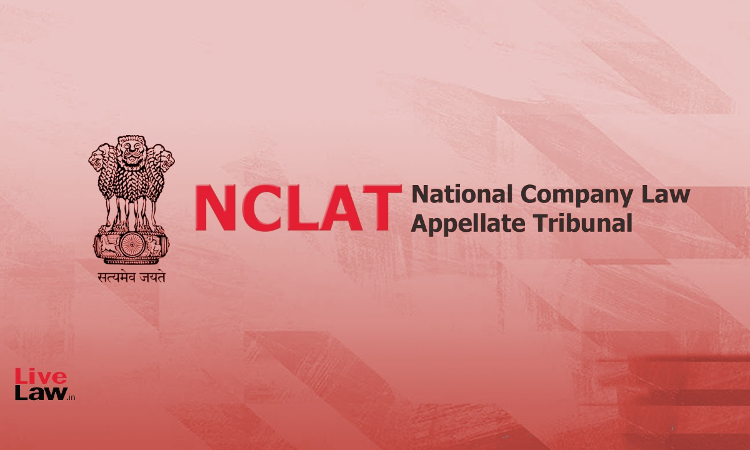OTS Proposal Is An 'Acknowledgement Of Debt' Under Section 18 Of Limitation Act: NCLAT Delhi
Pallavi Mishra
22 July 2022 9:15 AM IST

Next Story
22 July 2022 9:15 AM IST
The National Company Law Appellate Tribunal ("NCLAT"), New Delhi Bench, comprising of Justice Anant Bijay Singh (Judicial Member) and Ms. Shreesha Merla (Technical Member), while adjudicating an appeal filed in Tejas Khandhar v Bank of Baroda, has held that a One Time Settlement (OTS) proposal falls within the definition of 'acknowledgement of debt' under Section 18 of the Limitation...
